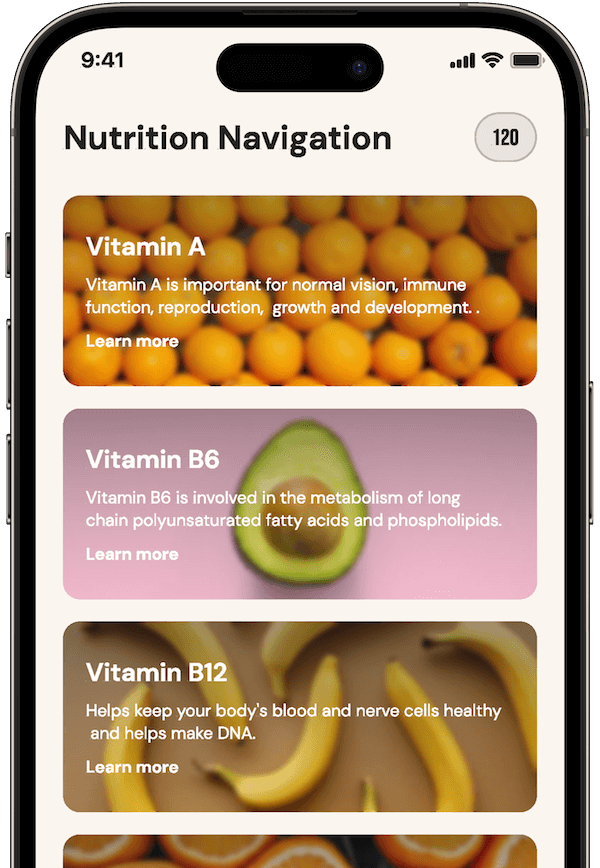When I was first diagnosed with adenomyosis, I felt a strange mix of relief and confusion—relief because I finally had a fancy medical term to explain why my uterus felt like it was auditioning for a horror movie, and confusion because, well, what the heck is adenomyosis?
One of my burning questions was, “Is adenomyosis an autoimmune disease?” So, I put on my detective hat, dove into a sea of research, and consulted with experts. Now, I’m here to share my findings with you.
Adenomyosis is not officially classified as an autoimmune disease, but it shares some characteristics with autoimmune conditions. Current research suggests a possible link between adenomyosis and autoimmune disorders, primarily due to the presence of chronic inflammation. While adenomyosis is mainly considered a hormonal and inflammatory condition, understanding its complex nature is crucial for effective management.
What is Adenomyosis?

Adenomyosis is a condition where the inner lining of the uterus (endometrium) breaks into the muscle wall of the uterus (myometrium), leading to heavy menstrual bleeding, severe cramps, and chronic pelvic pain. Symptoms can vary widely but often include pain during intercourse and persistent pelvic discomfort. Diagnosing adenomyosis typically involves imaging tests like MRI or ultrasound, and in some cases, it is only definitively diagnosed through a hysterectomy.
What Causes Adenomyosis?
The exact causes of adenomyosis are not fully understood, but several factors may contribute to its development.
Genetic and Hormonal Factors in Adenomyosis
Genetic factors play a significant role in the development of adenomyosis. If you have a family history of adenomyosis or other uterine conditions, you might be at higher risk. Hormonal imbalances, particularly involving oestreogen, are also believed to influence the growth of endometrial tissue within the uterine muscle.
Is Adenomyosis Considered an Autoimmune Disease?
Characteristics of Autoimmune Diseases
Autoimmune diseases occur when the body’s immune system mistakenly attacks its own tissues. They are typically characterised by chronic inflammation, which is also a hallmark of adenomyosis.
Expert Opinions on Adenomyosis as an Autoimmune Disease
Current research and expert opinions suggest that while adenomyosis is not officially classified as an autoimmune disease, it does share some autoimmune characteristics. For instance, studies have shown that women with adenomyosis often have elevated levels of certain immune markers. However, more research is needed to fully understand the relationship between adenomyosis and autoimmune diseases.
How Does Adenomyosis Differ from Other Autoimmune Diseases?

Comparing Adenomyosis to Other Autoimmune Conditions
Adenomyosis differs from classic autoimmune diseases like lupus or rheumatoid arthritis in that it is primarily a gynaecological condition with localised effects in the uterus. However, the chronic inflammation seen in adenomyosis is similar to the systemic inflammation seen in autoimmune disorders.
Can Nutrition and Wellbeing Improve Adenomyosis Symptoms?
As a certified nutrition coach, I’ve seen firsthand how diet and lifestyle changes can significantly impact adenomyosis symptoms.
Diet and Lifestyle Changes for Adenomyosis Management
Adopting an anti-inflammatory diet can help manage adenomyosis symptoms. This includes eating plenty of fruits, vegetables, lean proteins, and healthy fats while avoiding processed foods, sugar, and excessive caffeine. Regular exercise, stress management techniques like yoga and meditation, and getting enough sleep can also help reduce inflammation and improve overall wellbeing.
Monitor your anti-inflammatory food intake and track how meals affect your adenomyosis symptoms with Unprocessed App. Join our waitlist to be among the first to experience a personalised approach to managing adenomyosis .
Are There Other Health Conditions Linked to Adenomyosis?

Adenomyosis, Endometriosis, and Fertility Issues
Adenomyosis is often found in conjunction with endometriosis, another condition involving the abnormal growth of endometrial tissue. Both conditions can affect fertility and cause chronic pain. Women with adenomyosis may also experience issues with infertility due to the inflammation and structural changes in the uterus.
FAQs
Can adenomyosis go into remission?
Yes, adenomyosis symptoms can be managed effectively, leading to periods of remission through lifestyle changes and medical treatments.
Does stress impact adenomyosis symptoms?
Yes, stress can exacerbate adenomyosis symptoms, so stress management techniques can be beneficial.
Are there any natural remedies for adenomyosis?
Some natural remedies, including dietary changes and herbal supplements, may help alleviate symptoms, but it’s essential to consult a healthcare provider.
How long does it take to see improvement in adenomyosis symptoms with dietary changes?
Improvement can vary, but many people report feeling better within a few weeks to a few months of consistent dietary changes.
Can exercise help with adenomyosis?
Yes, regular exercise can help manage symptoms by reducing inflammation and improving overall health.
Closing Thoughts

While adenomyosis isn’t officially classified as an autoimmune disease, its overlapping characteristics and the role of chronic inflammation suggest a complex connection. Understanding the condition is key to effective management. By making informed choices about your lifestyle, nutrition, and seeking appropriate medical care, you can find relief and improve your quality of life.
Ready to take control of your health? Join the waitlist for Unprocessed App and discover how personalised nutrition can make a difference!



